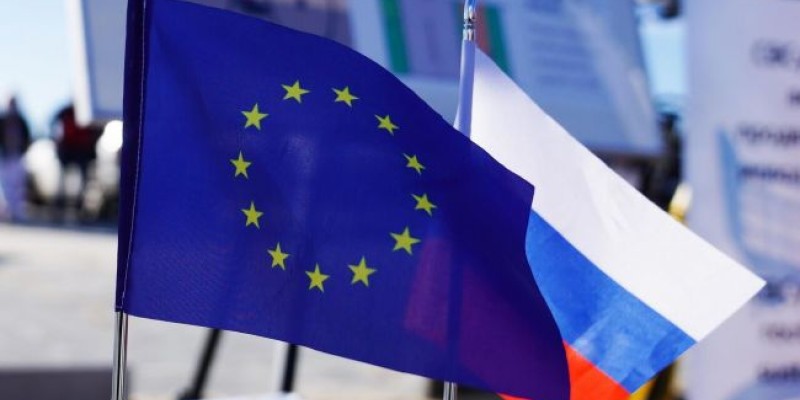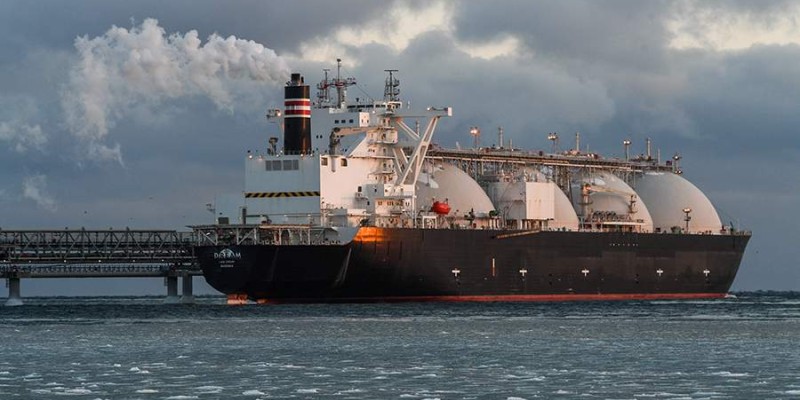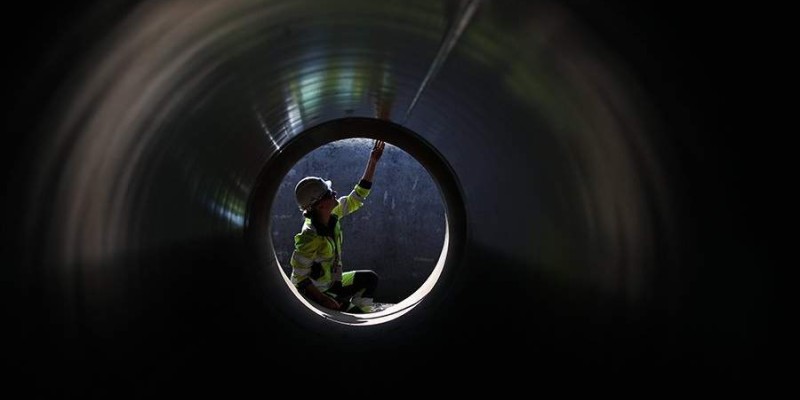SCO & BRICS latest news and insights
In 2023, Russia supplied hydrocarbons to the European Union that were not subject to sanctions.The countries of the EU purchased Russian oil, petroleum products, and gas worth over €29 billion.
In 2023, the trade turnover between EU countries and Russia decreased by 2.9 times in value compared to...
By Rhod Mackenzie
In 2023, India imported 22.141 million tons of liquefied natural gas, an increase of 8% from 2022 (20.468 million tons), according to the state Ministry of Trade and Industry.
However, this is still below the 2021 level (24.373 million tons) and the 2020 record (26.6 million to...
According to a Russian Chamber of Commerce and Industry report new car brands, including those from Iran and India, may soon enter the Russian market. African producers have also expressed interest, but China remains the dominant player. This article questions whether these new brands can compete wi...
By Rhod Mackenzie
The year 2023 proved to be challenging for the Russian gas industry due to the loss of a significant portion of the European market, falling prices, and a subsequent reduction in production volumes, export profits, and gas industry revenues. In 2024, the industry is expected to f...
By Rhod Mackenzie
The Mir card, CNAPS, and CIPS are financial messaging systems used for national domestic and cross-border interbank payments in Russia, China, and Iran respectively. These systems were seen as potential alternatives to the Western-dominated payment systems. However, this percepti...
The International Energy Agency (IEA) predicts that China will produce one-third of the world's electricity next year. China's ever expanding power grid is driving growth in its manufacturing industry, which in turn affects the economies of its trading partners such as the USA, Europe, and Japan. Fu...






